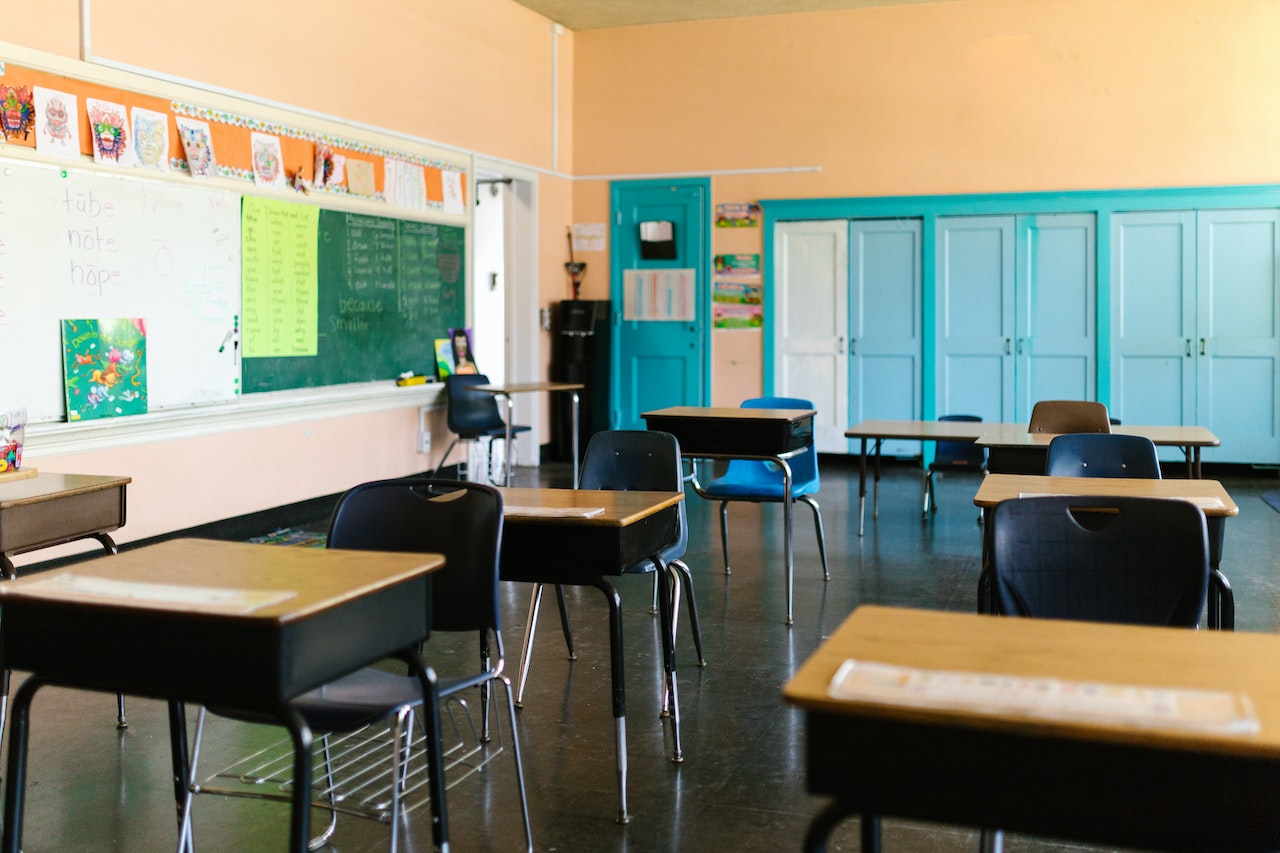A Guide to Public Education Policy Ahead of Texas' 2025 Legislative Session
Published Jan 09, 2025 by Jordan Overturf
One of the key components of the "Texas Miracle" has always been a robust public education system. That’s why continuing to improve funding for education and strengthening the accountability system are top priorities for the Greater Houston Partnership. Whether you are a veteran in education policy or looking for a refresher ahead of the 89th Texas Legislature, here are five questions to get you thinking about how we approach education in Texas.
How is public education funded in Texas?
Public Education in Texas is funded from three sources:
- Local property taxes
- Determined by the value of properties in each district and the tax rate set by each school board.
- State appropriations
- Funded through numerous state taxes, including Texas’ sales tax.
- Federal appropriations
- It broadly covers the costs of providing meals and supporting disabled and low-income students.
What happened with education funding in the 2023 Texas Legislative Session?
Legislators made several attempts to increase public school funding in 2023 via numerous bills. For example, HB100 would have raised the basic allotment (baseline per-pupil funding) for the first time since 2019. HB4586 would have mandated annual increases to the basic allotment. SB9 would have raised teacher salaries and expanded funding for early childhood education. These bills eventually failed due to political differences and the legislative session’s very short 140-day timeline.
Additional education funding was provided in other ways, however:
- HB1605 provided additional funding to schools that adopt high-quality instructional materials, and HB3 provided additional funds for school safety.
How do we maintain or strengthen accountability for education across Texas?
School accountability is about more than just a grade – school accountability happens when families and stakeholders are provided clear and accurate data on schools, schools receive ratings based on students’ academic proficiency, and there are consequences – high-performing schools are rewarded and recognized. In contrast, low-performing schools are required to implement intervention plans.
How do we measure success in Public Education, and what policies can improve outcomes?
Public Education is successful when it prepares students to succeed upon graduation, whether through college, a career, or the military. Student outcomes can be improved through policies prioritizing high academic proficiency, school safety, and teacher recruitment and retention.
What other education policy discussions will be popular in Austin this session?
AI’s integration into education will be an essential issue to watch. AI has many applications to assist teachers and students, and schools are eager to embrace the new technology.
Teacher workforce issues will also be a central topic. Texas has been working to improve teacher recruitment and retention for several years, and those conversations are expected to continue in 2025.
Learn more about the Partnership's Legislative Priorities, click here. For more updates and alerts on the Texas Legislature, click here to sign up for our weekly newsletter.
 The Houston Report
The Houston Report




















